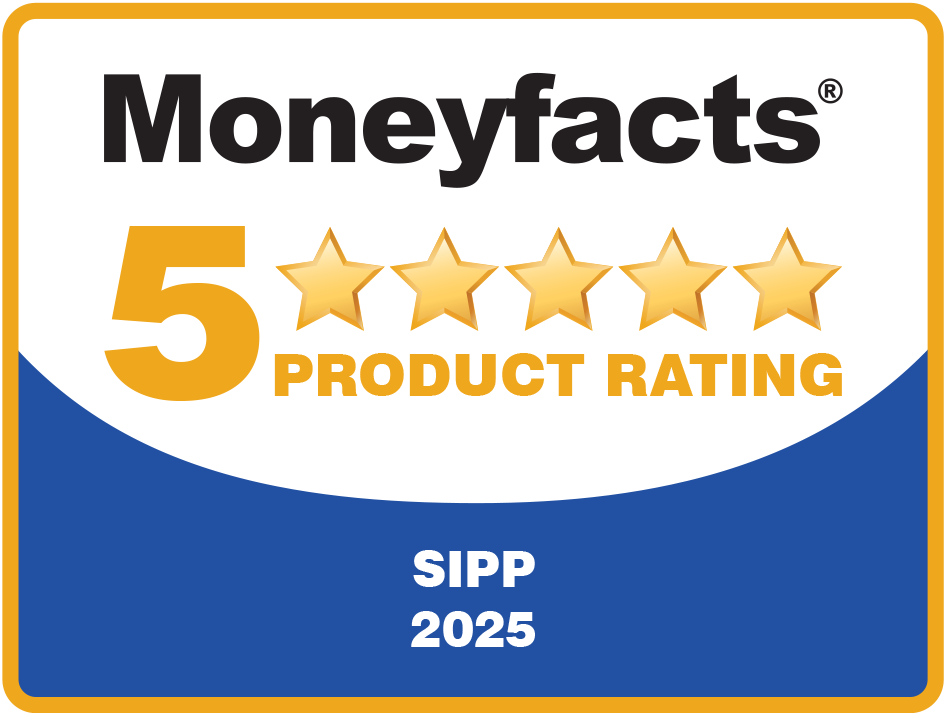5 key questions to ask your chosen SIPP provider before recommending them
Here at IPM, we are in the process of accepting transfers for many clients whose benefits were previously held with Hartley Pensions.
The issues surrounding Hartley Pensions are well-known within the industry, as reported by FTAdviser last July. The administrators are in the process of transferring clients to either the default SIPP provider Morgan Lloyd or to a provider of a client’s choice.
However, with the estimated number of clients being in the region of 16,000, FTAdviser reported that only 5% of transfers had been completed as of January 2025.
The speed at which transfer requests are being processed would echo our experiences so far. As a receiving scheme, we can only do so much on a transfer into IPM.
We are reliant on the ceding scheme administrators to process the request and deal with a transfer promptly. The fact that many of our transfers are in specie, including commercial property, adds to delays.
All this does not help the frustrations clients are feeling, which the advisers we work with have relayed to us. Another FTAdviser article – also from January 2025 – demonstrated this frustration and details how individuals impacted are asking the Financial Conduct Authority (FCA) to step in.
Thankfully, while situations such as that with Hartley Pensions are increasingly rare, it made us think about what advisers need to consider when recommending a SIPP provider to their clients.
We are conscious that any recommendation of IPM is a reflection of our advisers to their clients. This is what drives us to continue to provide high levels of personable service and technical support to advisers, assisting them with the advice process and delivering good outcomes for clients.
You will have seen that IPM has been awarded five stars by Moneyfacts for the 9th year in a row for 2025. Furthermore, in October 2024, we were awarded a B- rating by AKG, which included a five-star rating for the service IPM provides.
As an industry, Consumer Duty is now in place with the aim of ensuring good outcomes for clients. This is something we take very seriously.
Read more: 10 common questions about the Consumer Duty and IPM
However, with the position of Hartley Pensions in mind, what do advisers need to consider about their chosen SIPP provider before providing a recommendation to their client, in addition to costs, what they offer, and service?
Here are five questions to ask your chosen provider before making a recommendation.
1. What services does the company provide?
Many SIPP providers offer a SIPP as part of a wider product range. Then, there are firms like IPM that solely focus on SIPPs.
Both options may suit your client’s circumstances. For clients with simple SIPP needs (such as just a platform) then the functionality of a lower-cost SIPP from a platform provider or insurance company may well be the right option.
However, if your client has a more complex need (for example, a commercial property purchase) then while some larger companies may be able to offer this flexibility, would a specialist SIPP provider be a better fit in this instance, as providing a SIPP is their sole business focus?
Then, there is the question of how committed the company is to the SIPP market. If the SIPP is one of many different products a provider offers, are they going to continue offering the SIPP for the long term? Do they outsource their administration?
Specialist SIPP providers are likely to be more committed to the SIPP market in the long term.
2. Is the company profitable?
Increasingly, advisers are asking more about the finances of the providers they’re considering – whether that’s through their own due diligence or buying in research from the likes of AKG.
While you would assume most firms set out to provide a good service to their clients, it is also important that businesses are profitable. A profitable, well-run business is more likely to be long-standing, providing you and your clients with a service for years to come.
In September 2016, the FCA introduced enhanced capital adequacy rules for SIPP providers calculated on a formula based on the value of assets under administration and the number of clients with non-standard assets (more on that later).
So, you may want to ask:
- Does your chosen provider meet their minimum threshold? If so, by how much?
- Do they hold a healthy excess above their minimum? If not, how are they going to cope with any fluctuations in the capital adequacy requirements?
At IPM, we have always been open and transparent about our finances, giving our introducers confidence in our business. In our due diligence pack, we share our profit and turnover figures for the last 10 years, showing you our track record and giving you confidence in terms of how well we are run.
3. What is the company’s ownership structure?
Like most businesses, SIPP providers are owned in several different ways, whether the SIPP is offered by an insurance house, listed company, part of a larger group, or privately owned.
Regardless, it is important to understand the ownership structure of your chosen provider. Knowing how the company is owned can give you an idea as to how the company views its SIPP offering. Indeed, consider the following questions:
- Are the monies being generated by the SIPP offering being re-invested, or used to fund other aspects of the business?
- Is there sufficient financial backing to continue to support changes in the SIPP industry such as capital adequacy, or investment into technology such as a pensions dashboard or similar?
In some instances, the size of the provider will be comforting for advisers and clients; many people will have heard of AJ Bell!
With firms like IPM, it is important to understand not just how the company is owned now, but also what their plans for the future are – for example, is there an internal succession plan or an exit strategy?
IPM recently celebrated our 25th anniversary and we are pleased to say we are very much focused on the next 25 years!
4. How do they get their business?
As part of getting to know your provider better, knowing where they get their clients from will help you form part of an overall picture of their business.
We can recall stories of SIPP operators accepting volumes of business from unregulated introducers, which did not lead to good client outcomes. The FCA is making it more incumbent on SIPP operators to check who is giving them their business and what advice has been provided.
At IPM, we have a strong position that we will only accept business from FCA-regulated financial advisers. On the rare occasions when this is not the case, we have a robust process in place to assess the nature of the business being introduced to us before agreeing to move forward. Given the nature of our offering, it is rare for us to set up a new SIPP and not know about it in advance.
5. Do they accept non-standard assets?
Like the above, you may also be able to recall scenarios of SIPP providers investing in airport car park schemes, storage pods, and overseas property investments which, again, did not deliver good client incomes.
In September 2016, as part of the introduction of the FCA’s new capital adequacy requirements, the regulator introduced the term “non-standard assets” for SIPPs. In general, these are assets that cannot be liquidated within 30 days and/or are not regulated.
These rules were designed to catch the aforementioned types of investments and prevent consumer detriment. However, the way the rules are written has inevitably had unintended consequences; for example, NS&I bonds are considered non-standard assets under the FCA’s definition.
While it is important to ask about a provider’s exposure to non-standard assets, there are other key points that are equally vital to understand:
- What are these non-standard assets? If they are all NS&I bonds, this is going to be more acceptable than a provider with a large number of illiquid assets.
- Do they continue to accept non-standard assets in their SIPP? If so, what processes do they have in place for these? The FCA has not banned SIPP providers from holding an asset that is deemed non-standard in a SIPP. However, where a provider does take on such an investment, the work they carry out beforehand and on an ongoing basis is extensive.
Get in touch
If you have any SIPP-related queries, or if you have any clients for whom SIPP or SSAS advice would be beneficial, please get in touch.
Email info@ipm-pensions.co.uk or call 01438 747151.



